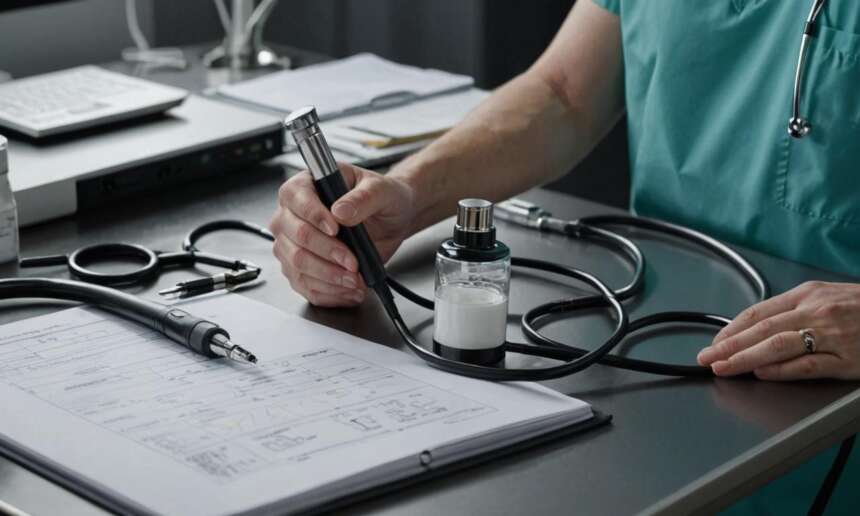Understanding the role of a Senior House Officer (SHO) is crucial in the realm of medical profession and healthcare. An SHO plays a pivotal role in the functioning of a hospital, bridging the gap between junior doctors and consultants.
Responsibilities of a Senior House Officer
As a Senior House Officer, one undertakes a wide array of responsibilities within the medical field. These include:
- Managing patients’ care under the supervision of consultants
- Performing clinical assessments and examinations
- Prescribing medications and treatments
- Supervising junior medical staff
- Assisting in surgeries and procedures
- Participating in multidisciplinary team meetings
- Providing support and guidance to patients and their families
Qualifications and Training
Becoming a Senior House Officer typically requires completion of medical school and foundation training. After this, doctors usually undertake specialty training in their chosen field. Depending on the region, SHOs may need to pass examinations and obtain certifications specific to their area of practice.
Transition to Consultant
For many doctors, working as an SHO serves as a stepping stone towards becoming a consultant. During this phase of their career, SHOs gain invaluable clinical experience and develop the necessary skills to progress to higher positions within the medical hierarchy.
Work Environment
Senior House Officers work in various healthcare settings, including hospitals, clinics, and community health centers. They often work long hours, including evenings, nights, weekends, and public holidays, to ensure continuous patient care.
Importance in the Healthcare System
The role of Senior House Officers is indispensable in maintaining the efficiency and effectiveness of healthcare delivery. They provide essential support to consultants and contribute significantly to the overall quality of patient care.
Challenges and Rewards
Working as an SHO comes with its share of challenges, including high workload, demanding schedules, and emotional stress. However, the role also offers immense rewards, such as the opportunity to make a meaningful difference in patients’ lives and the satisfaction of continual professional growth.
In essence, a Senior House Officer plays a crucial role in the medical profession, serving as a vital link between junior doctors and consultants. Their responsibilities encompass various aspects of patient care, and their contribution to the healthcare system is invaluable.
Professional Development Opportunities
Senior House Officers have access to various professional development opportunities aimed at enhancing their skills and knowledge. These may include attending conferences, workshops, and specialized training programs focused on specific medical areas or procedural techniques.
Mentorship Programs
Many healthcare institutions offer mentorship programs for Senior House Officers. These programs pair SHOs with experienced consultants or senior medical staff who provide guidance, advice, and support throughout their career development.
Research and Publications
Engaging in research projects and publishing findings in medical journals is another avenue for professional growth for SHOs. Participating in research not only contributes to the advancement of medical knowledge but also enhances critical thinking and analytical skills.
Continuing Medical Education
Senior House Officers are encouraged to participate in continuing medical education (CME) activities to stay updated with the latest advancements in medicine and healthcare. CME programs include seminars, online courses, and hands-on workshops tailored to their specialty areas.
| Professional Development Opportunities | Description |
|---|---|
| Mentorship Programs | Pairing SHOs with experienced consultants for career guidance. |
| Research and Publications | Engaging in research projects and publishing findings in medical journals. |
| Continuing Medical Education | Participating in seminars, online courses, and workshops to stay updated. |
Frequently Asked Questions
- What are the typical working hours for Senior House Officers?
Senior House Officers often work long hours, including evenings, nights, weekends, and public holidays, to ensure continuous patient care. - What qualifications are required to become a Senior House Officer?
Becoming a Senior House Officer typically requires completion of medical school and foundation training, followed by specialty training in the chosen field. - How does the role of a Senior House Officer contribute to the healthcare system?
Senior House Officers play a crucial role in maintaining the efficiency and effectiveness of healthcare delivery by providing essential support to consultants and ensuring quality patient care.




